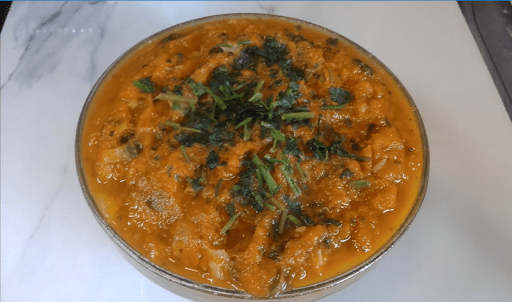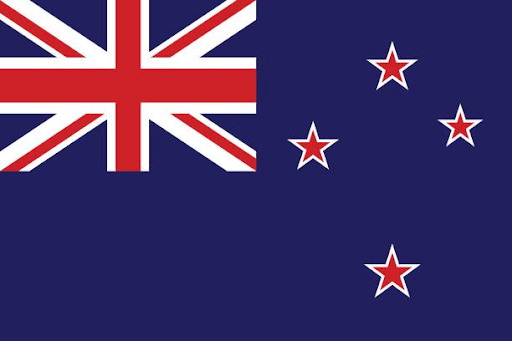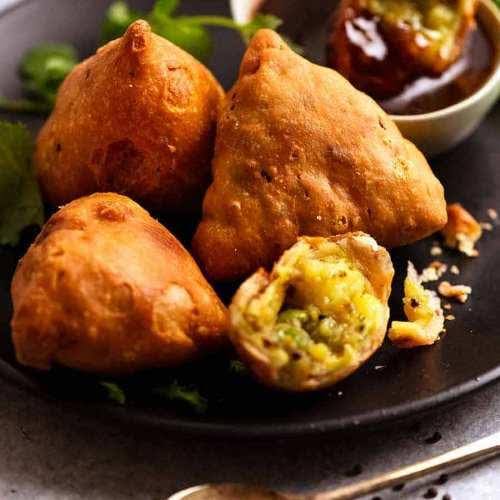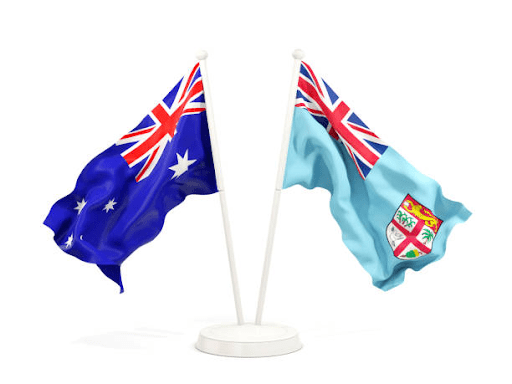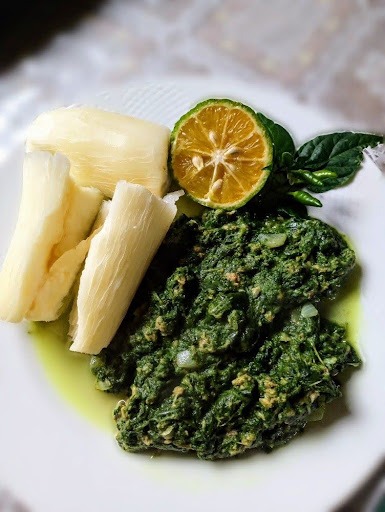Basic Fijian conversational phrases for travellers to Fiji
In Fiji, Fijians are identified through their distinct ethnic groups, i-Taukei (indigenous people), Fijian Indians (descendants of indentured labourers) and Fijians of other ancestry. Although English is widely spoken in the Fiji Islands, being one the nation’s three official languages, the nation’s two largest ethnic groups also make the other two official languages which is the i-Taukei language and Hindi, spoken by indigenous Fijians and Fiji Indians respectively. Acquiring at least a few of these vernacular terms might prove fruitful when communicating with locals.
This article in a way, is a continuation of another article titled, ‘10 must-know Fijian terms and phrases’ and expanding more on the iTaukei Fijian language, including a glossary relevant for any visiting tourist. The phonetics of the Fijian i-Taukei language differ slightly from the English language in fact, letters X and Z aren’t included and H, F, P is considered rare and only included when localising foreign terms. However, some regions like the Nadroga province use ‘H’ often in their lingo, often interchanging ‘S’ for a ‘H’ sound.
- A– ah (vowel sounding)
- E-e (e in Elephant)
- I– sounded like the letter ‘e’ (e in Eagle)
- O– O in soul
- U– U in foul
- B-mb (eg. lamb)
- C-th (Cakobau pronounced as Thekombau)
- D– nd (and)
- G– ng (knowing)
- J- ch (ch in chalk)
- Q– ng like gun or gain
Basic greetings in Fiji
Hello and Goodbye aren’t included because they’re been included in the previous aforementioned article. Yet, here are some other salutation sentences that accommodate hello and goodbye.
a. Vakaevei tiko? [Va-kah-eh-vay-e-tea-ko] directly means, ‘how’s it going?’
(ii) Ni bulabula tiko? [nee-bu-la-bu-la-tea-ko] this translates to, ‘are you well?’
there isn’t an exact Fijian phrase for ‘how are you?’ but these two phrases rank the closest when asking about a person’s wellbeing.
b. Sota tale: [so-tah-ta-ley] These words accompany goodbye, and it literally means, ‘to meet again’ but most hotel companies and any town signboards you see, translates this to ‘see you soon’.
Useful Fijian phrases
Please: Kerekere [Key-ray-key-ray]
Yes: Io [E-ooh]
No: Sega [Se-nga]
Basic conversational phrases in Fijian language
- What is your name?
O cei na yacamu? [O-they-nah-yah-the-moo] *vowel sounding ‘O’
- My name is
Na yacaqu o [Nah-yah-the-goo-O]
- Where are you from?
i. Formal: O cavu tu mai vei? [O-the-voo-to-ma-e-vay-e]
ii. Informal: Ni gone ni vei ? [Nee-ngo-ney-nee-vay-e]
*gone: child/young adult, this will change according to gender and age. Eg. Turaga (men)/ Marama (women).
- What time is it?
Sa vica beka na na kaloko? [Sa-vee-the-mbe-ka-na-ka-lo-ko]
*beka: only used to add respect. Can be omitted.
Directional words in Fijian language
“E tiko (beka) i vei na?” [e-tea-ko-mbe-kah-e-vay-e-na?]
This sentence asks where the location of something is. ‘Beka’ is optional and is only added in any sentence to make the sentence sound polite and respectful. For instance, to ask where the post office is you just say, “e tiko i vei na post office?”
a) North: Vualiku [voo-ah-lee-coo]
b) South: Ceva [They-va]. Although you might hear some locals use sauca, which is the Fijianised term of the word.
c) West: Ra. However, when referring to the western provinces, we say ‘yasayasa vaka ra’ (regions/parts of the west provinces).
d) East: Tokalau [toe-ka-la-ooh]
i. Left: Mawi [mah-we]
ii. Right: Matau [Ma-ta-ooh]
Transportation and related words in Fijian language
a) Bus: Basi [mba-si] – eg. Basi ni suva = Suva Bus.
b) Car: Motoka [Mo-toe-kah]
c) Road/street: Gaunisala [nga-ooh-nee-sa-la]
Numbers in Fijian language
One: Dua [ndoo-ahh]
Two: Rua [Ru-ah]
Three: Tolu [Toe-loo]
Four: Va [Va]
Five: Lima [Lee-mah]
Six: Ono [O-No]
Seven: Vitu [Vee-too]
Eight: Walu [Wah-loo]
Nine: Ciwa [Thee-wah]
Ten: Tini [Tea-nee]
Common food names in Fijian language
Fish: Ika [e-kah]
Coconut Cream: Lolo
Kakana Dina: usually refers to Root Crops. [Ka-kah-na-ndina]
(this however translates to, ‘true food’)
Seafood: Sasalu ni Waitui (*Sasalu for short) [Sa-sa-loo]
Bread: Madrai [mah-ndra-e]
Tea: Ti (has the same pronunciation tea/ti)
Butter: Bata [mba-tah]
For more resources on the Fijian lingo, you can try tradukka.com for easy English to Fijian translation, or grab yourself a soft copy of Ronal Gatty’s Fijian dictionary for proper terms which is also easily available online.


